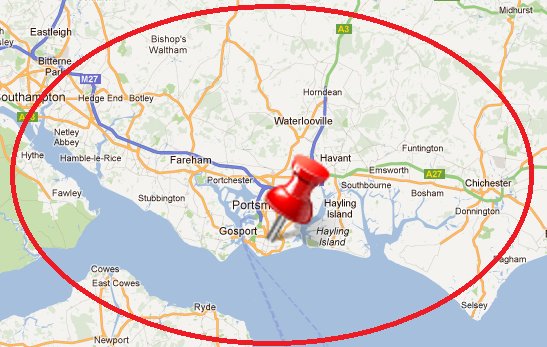Does a Counsellor’s Sexuality Factor in Couple Counselling?
Posted by on 6 Sep, 2012 in Sexuality | 0 comments

Pages: « previous page 1 2 3 4 next page »
Professional Empathy versus Personal Experience.

I would very much agree with the majority of therapists that we do not have to be personally-experienced in matters that our clients are coming for therapy in order for us to be able work as a therapist.
We do have to be experienced in working through empathy, of course (meaning I can understand your position & experience without having experienced the same myself). And we do have to have a professional set of skills that allow us to assist our clients in ways that they cannot get socially or from family.
It probably stems from the perception of GPs/doctors – that a number of couples come into counselling with the expectation that the therapist is there to (a) learn the symptoms and then (b) prescribe a cure. It can be quite unsettling to some couples when they learn that the therapist has no cure to prescribe (“so what are we paying for, then?” comes to mind).
The systemic couple therapist takes a position of neutrality and curiosity. He is there to learn how the system is working and to use his ignorance and confusion of the couple’s system to be therapeutically nosey:-
Couple: “Our sex life is not good – it’s irregular and not often’.
Therapist: “Describe to me what you understand to be a regular and often sex life”.
Couple: “Well, we hear that others do it several times a day – we can only manage it about once a week…”
In this example the therapist’s curiosity (and checking out assumptions about what the couple are really saying) reveals some interesting perceptions on the part of the couple. Perceptions that, if they were helped to address, may alleviate their relationship worries.
By taking the position of neutrality and curiosity, the therapist takes on the role of someone who does not know how the couple came to build their relationship and the rules. Of course, the therapist is also taking on a part of the role of the couple themselves: they probably didn’t know how their relationship came to be how it is now (or maybe they might not have felt the need to come into counselling) and by being curious the therapist and couple can gain more information on the relationship’s mechanism .. and with such knowledge, changes can be considered and put in place by the couple themselves.
Therapist: “How did this relationship come to believe that a good sex life is several times a day?”
Partner A: “Well that’s what they say at work.”
Partner B: “That’s what my parents always said was a proper sex life.”
Therapist: “Apart from the subject of frequency, what else makes this relationship think that your sex life is not good?
Couple: “Well, nothing…”
… suggesting that (in this rather simplistic example) the couple might be helped by them coming to realise for themselves that their sex life is good for them – no matter what their person constructions have come to believe from the (dis-?)information from others and that’s what might be part of the counselling work.
But … is this skilful use of empathy, neutrality, and curiosity enough for our LGBT couple clients? Initially, at least, I find that a significant number of gay and lesbian couples are looking for a couple therapists whom they believe will understand them … not just empathise with them. They ask for a therapist who has actual personal experience of what the couple are bringing in for help … as if this is the only way a couple might be helped.
Pages: « previous page 1 2 3 4 next page »





